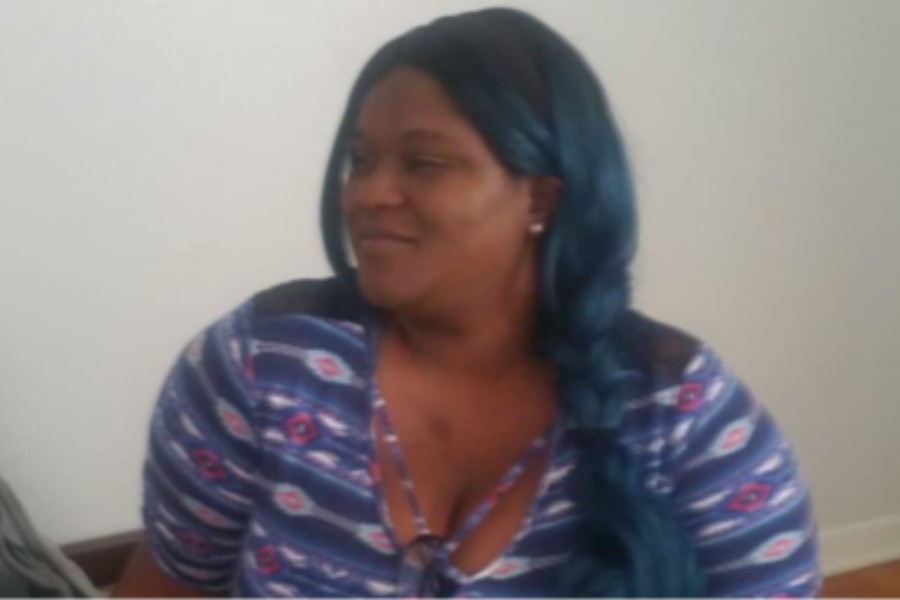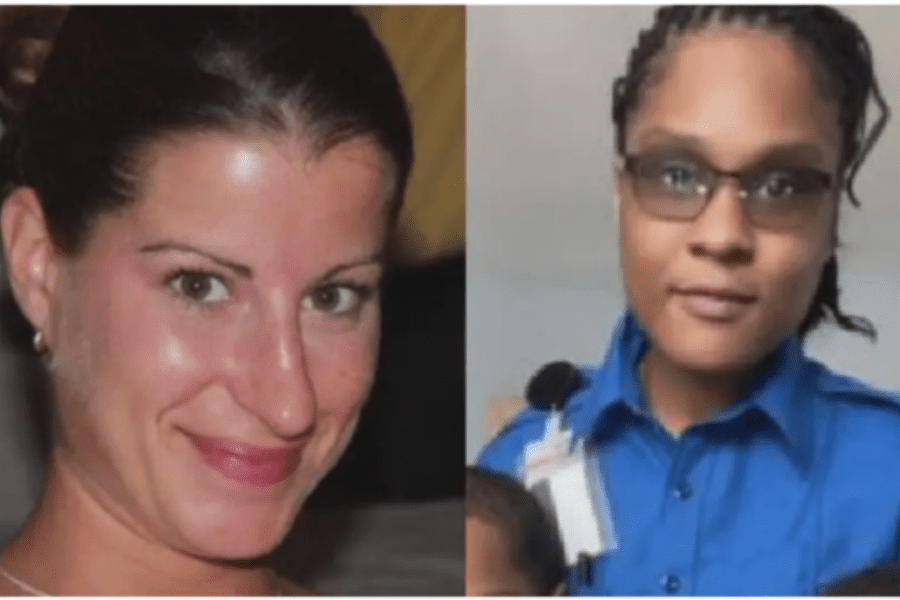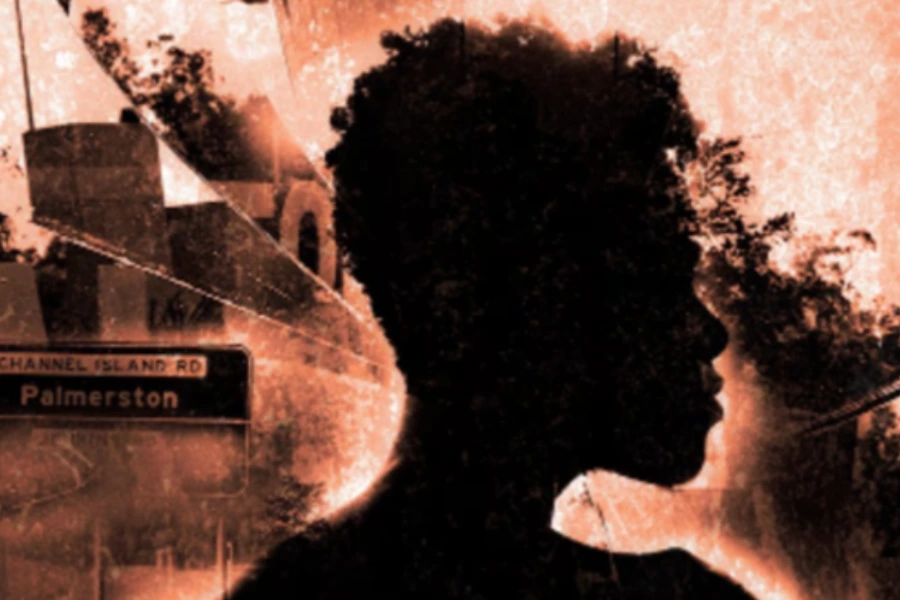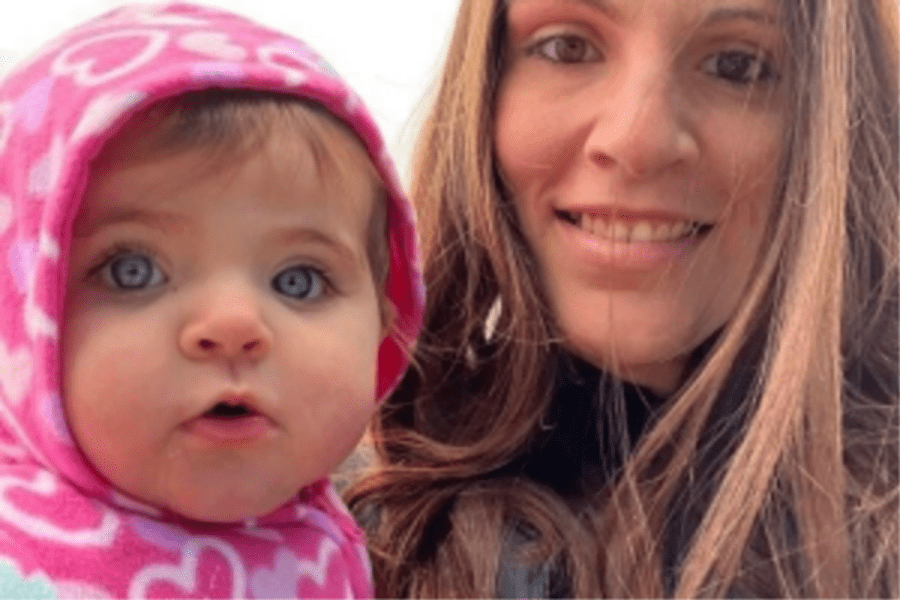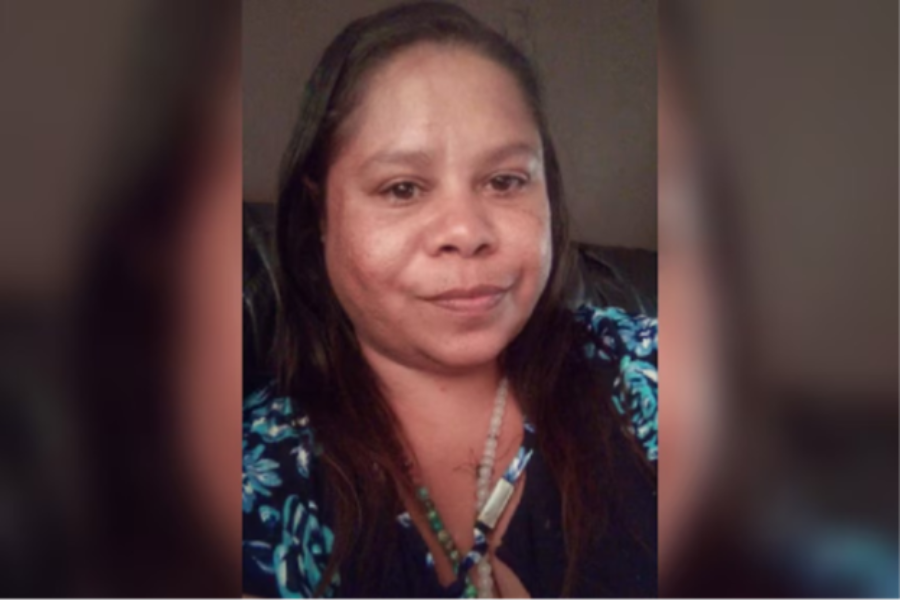
It only takes 11 minutes to save a life.
The fact that one woman or girl is killed every 11 minutes by an intimate partner, or a family member is not just a number - it represents the devastating loss of human life and the urgent need for action.
Only 11 clicks.
To learn about intimate partner violence and the 11 areas and ways it impacts
individuals, families, and communities.
Intimate partner violence (IPV) can have both short-term and long-term physical and mental health impacts. These can include physical injuries, chronic health problems, anxiety, depression, PTSD, substance abuse, and lower self-esteem. IPV can also lead to social health impacts such as unhealthy behaviors, isolation, disruptive behaviors, and poorer educational/professional outcomes.
Children exposed to domestic violence may experience behavior problems, emotional difficulties, and poor school performance, as well as psychological trauma and an increased risk of mental health disorders. Exposure to IPV can also lead to increased engagement in unhealthy behaviors, such as substance use, isolation, disruptive behaviors, and poorer educational/professional outcomes. Youth who experience intimate partner abuse are at higher risk of depression, eating disorders, and poor academic performance, which can lead to social isolation and difficulties with relationships.
IPV can disrupt family dynamics, cause tension and conflict, and lead to displacement, isolation, and financial hardship. The effects of IPV can be passed down from one generation to the next, perpetuating the cycle of violence and trauma and increasing the likelihood of future perpetration or victimization.
Over 10% of senior citizens experience abuse or neglect from a trusted person each year, including physical, psychological, sexual, financial abuse or neglect. Most physical, emotional, and sexual abuse against senior citizens is perpetrated by their intimate partners.
(www.cdc.gov/violenceprevention/elderabuse/fastfact.html)
Intimate partner violence (IPV) can contribute to social problems such as homelessness, substance abuse, and criminal activity and perpetuate gender inequality and discrimination. IPV can also contribute to gender-based violence and perpetuate cultural norms that condone violence against women, which can have a broader impact on society.
Intimate partner violence (IPV) has a significant economic impact on society, including direct costs such as medical treatment and indirect costs such as lost productivity and impact on victims' ability to work. The lifetime economic burden of IPV among U.S. adults is estimated to be $3.6 trillion, with most costs attributed to medical treatment and lost productivity among victims and perpetrators, followed by criminal justice activities and other costs such as property loss or damage.
(pubmed.ncbi.nlm.nih.gov/30166082/)
Intimate partner violence (IPV) significantly impacts the workplace, with victims experiencing job loss due to absenteeism, tardiness, decreased productivity, and healthcare costs. IPV also leads to presenteeism and can spill over into the workplace, with abusers harassing or stalking their partners at work, leading to safety concerns.
Intimate partner violence (IPV) is more prevalent in LGBTQ+ communities than in heterosexual relationships and can result in detrimental physical and mental health outcomes. LGBTQ+ individuals experiencing IPV may face challenges such as discrimination from service providers, fear of being "outed," and a lack of culturally sensitive resources, with transgender individuals facing additional challenges due to transphobia and discrimination. LGBTQ+ survivors of IPV may face unique challenges accessing resources due to inaccurate stereotypes and assumptions about their relationships.
Marginalized communities, including Indigenous communities and communities of color, experience higher rates of IPV due to historical and ongoing systemic oppression and racism, which can also contribute to additional barriers to accessing resources and support. These communities may face challenges such as language barriers, financial insecurity, and lack of culturally appropriate services, leading to severe and long-lasting impacts such as isolation, fear, and loss of cultural identity. For example, Black women and men experience intimate partner violence at alarmingly high rates, and American Indian and Alaska Native women experience assault and domestic violence at higher rates than any other ethnicity.
Women and men with disabilities experience higher rates of IPV, with women experiencing physical violence, sexual violence, stalking, and psychological aggression at twice the rate of non-disabled women and men experiencing stalking and psychological aggression at higher rates than their non-disabled peers. Individuals with disabilities may feel more isolated and dependent on their abuser for care, leading to challenges in reporting abuse. Between 2017 and 2019, the rate of violence against individuals with disabilities was almost four times higher than the rate for individuals without a disability.
(ncadv.org/assets/2497/people_with_disabilities.pdf)
Animal abuse has been found to occur in up to 89% of IPV households. Domestic abusers may harm or threaten pets to exert power and control, punish victims, isolate them, or display what would happen if they left. Survivors who experience co-occurring animal abuse often experience more severe and frequent IPV. Concerns about pets' safety may impact survivors' decisions to enter shelters, causing delays in seeking help. Up to 40% of domestic violence victims remain in abusive relationships because they cannot find alternative living situations for their pets, and over half of the pet owners in shelters are forced to leave their pets with their abusers.
(www.sciencedirect.com/science/article/pii/S1359178921001300)
(ncadv.org/assets/2497/pets_and_dv.pdf)
11 STORIES is too many.
By dedicating just 11 short minutes to get educated about intimate partner violence, promote healthy relationships, save lives and ignite and spark hope for a brighter tomorrow.

